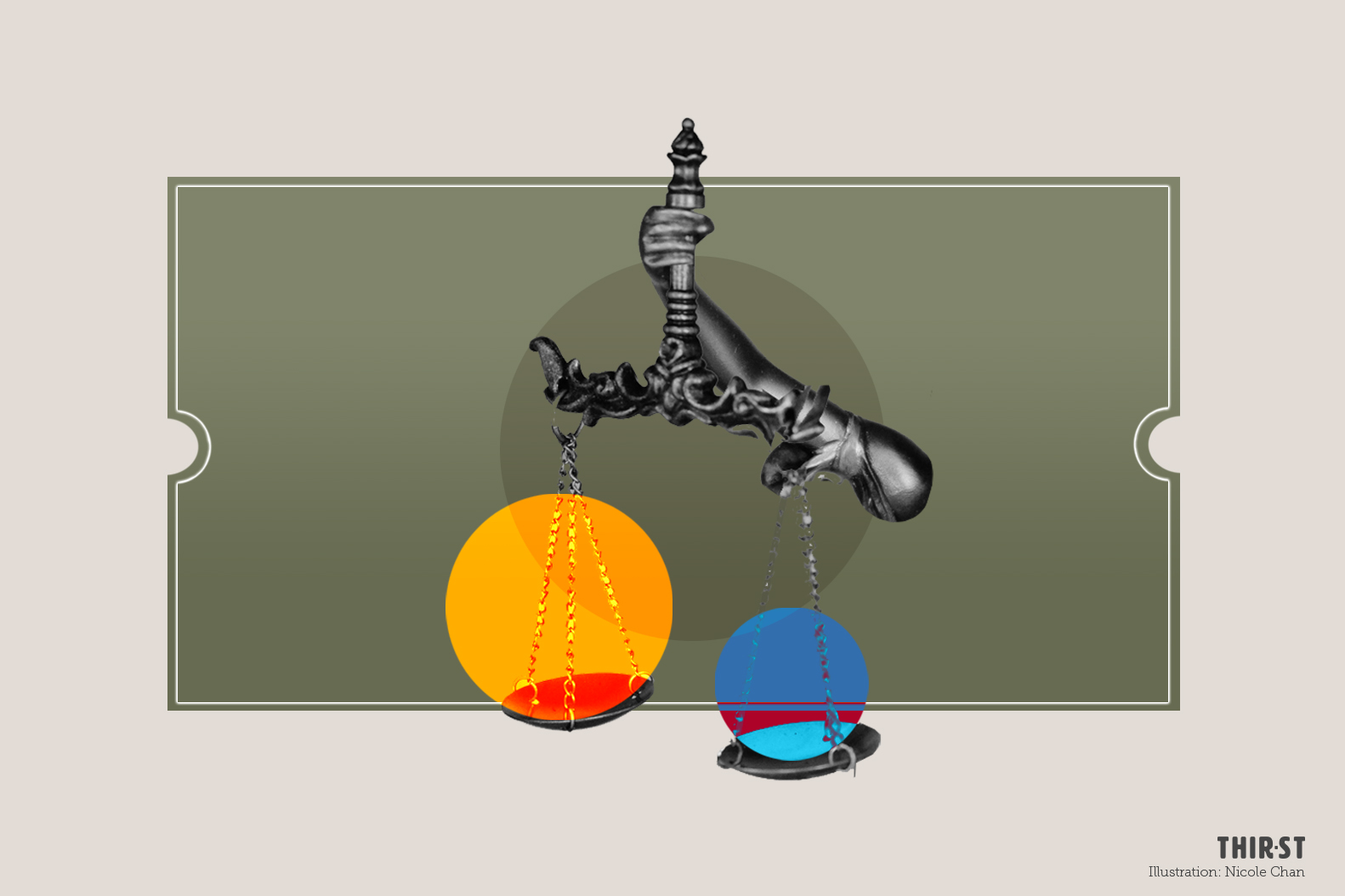I’m not sure how much you believe in these personality tests, but I’m an ENTJ according to the Myers-Briggs Type Indicator and an Enneagram Type 8. Among other things, it means I often view situations from the perspective of whether it is fair or not.
Therefore, for the longest time, I have struggled with passages like Matthew 20:1-16. Yes, I have read all the commentaries by the foremost Matthean scholars, and I know all the explanations for the tensions within the parable.
Still, I struggled with the injustice of paying those who had worked for one hour the exact amount as those who had toiled the whole day. If those who had worked the whole day had put up a peaceful protest, I would have stood with them.
We think that if God blesses us we deserve it. And we get upset when people we deem less worthy are blessed by God.
Recently I encountered the passage again as I am going through the Gospel of Matthew for my Quiet Time. At the heart level, and not just at an intellectual level, I think I am beginning to “get it”.
First and foremost, this is not a passage about labour laws. It is a passage that is meant to show us the character of God. Verse 15 is key:
“Don’t I have the right to do what I want with my own money? Or are you envious because I am generous?”
The verse reminds us of the sovereignty of God, but more importantly, it tells us that our God is a generous God. That is His character. Of course this is good news for the workers who had worked for only one hour.
In my initial response to the gospel, I revealed myself as one of the ones who had worked the whole day, not one of those who had worked for one hour. Apparently, if the landowner had paid those who worked only one hour the exact percentage of the one day’s pay, the amount would not have been enough to feed their families.
If you were in the shoes of those who worked for one hour, you would be overjoyed. Not only did you get enough for your family, you knew you had received grace. And I guess that is the second lesson of the parable.
If we feel like those who had worked the whole day, we would be in the same category as the elder brother in the story of the prodigal son (Luke 15:11-32). We think that if God blesses us we deserve it. And we get upset when people we deem less worthy are blessed by God.
If we are no longer deliriously joyful, maybe we have forgotten who we are, who God is and what He has done for us.
But here’s the thing. We have all sinned and fallen short of the glory of God (Romans 3:23). If God is only a God of justice, well, the wages of sin is death.
But it is precisely because God is also a God of grace that we have hope. And this is no cheap grace because the cost of that grace was Jesus’ death on the Cross.
Therefore, if we truly understand who we are, we are all the workers who worked for one hour and God has blessed us with His generous grace. We should be whooping and skipping with joy. Our lives should be marked with thanksgiving.
If we are no longer deliriously joyful, maybe we have forgotten who we are, who God is and what He has done for us.
There is another lesson here. If we claim that the spirit of that same God dwells in us, we must also be people of gracious love who surprise people with our care. God knows we need so much more grace in the world today.
I thank God for being patient with me, graciously giving me the time to better understand the heart of this parable. Again and again I learn that I don’t deserve anything from Him, but that crazy God, He loves me anyway.
This article was first published on Graceworks’ website and is republished with permission.
- Reading Matthew 20:1-16, which of these workers in the vineyard did you identify with the most? What kind of emotions come up?
- God’s grace is crazy by the world’s standards. What does His generosity mean to you?
- Is your life marked with thanksgiving and gratitude?










